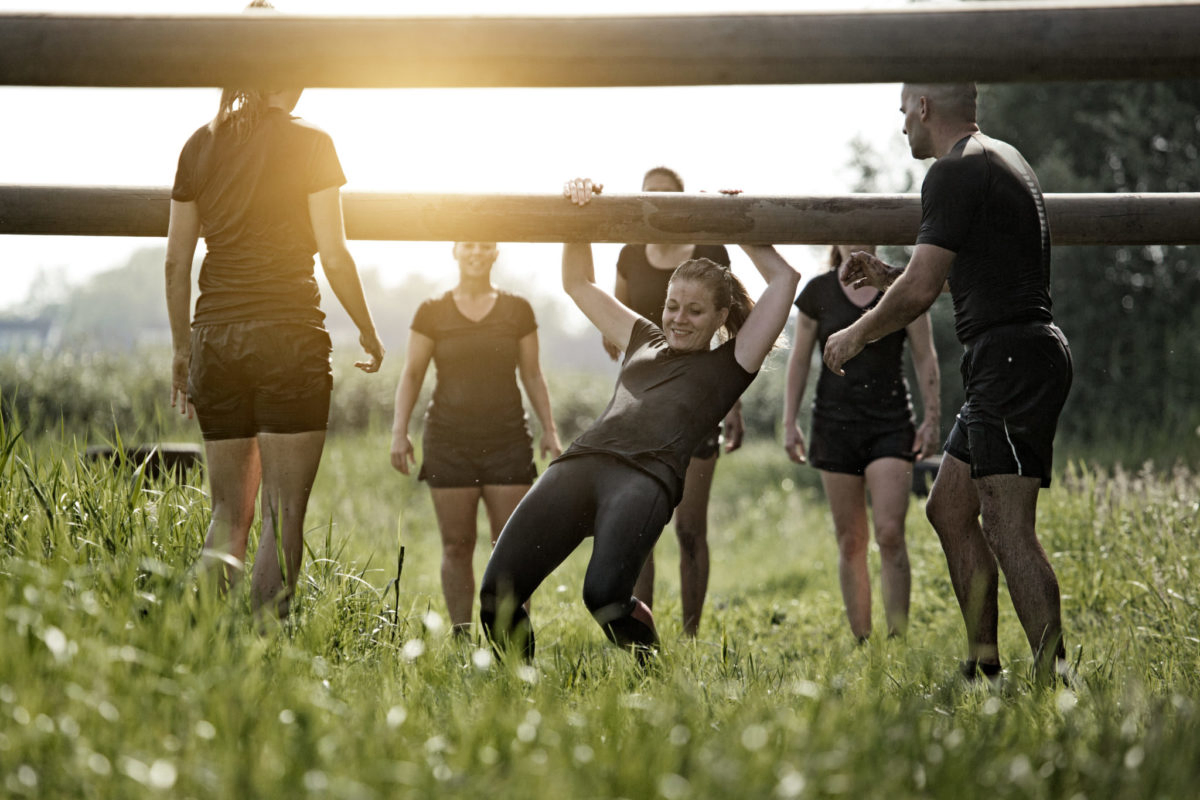Until you step outside your comfort zone, you cannot develop confidence or success.
Don’t get me wrong, comfort zones are awesome when you’ve smashed 15 hours worth of work and leisure activities and it’s time for some pizza, Netflix and slippers. But when Netflix and chill become the 12 hour ‘work ethic’, that is when the comfort zone is no longer contributing to your health but becomes the slump-fort zone.
Progress happens outside of the comfort zone. Doing something we are comfortable with day in and day out, will not help us to become better, more often than not it helps us become complacent and fearful of change. Trying new and “scary” things helps develop personal attributes and enables you to embrace change and difficulty.
So why should we encourage our clients (and ourselves) to get out of the comfort zone?
Three, universally agreed upon benefits of encouraging people to try something new.
- Social well being – I’m not sure if it’s just me, but as I aged I found myself preferring the comfort of my own home at night rather than going out with mates. This is fine, but in large doses can contaminate your overall wellbeing. Not everyone enjoys team sports or team activities and that is okay! There are so many activities you can participate in that enable socialisation where you don’t necessarily have to associate. It’s about being in a group environment around others that help stimulate and maybe inspire. The gym is a perfect example that caters to all behaviour types whilst encouraging some form of socialisation.
- Anxiety and stress are long term symptoms of taking too long of a holiday in the comfort zone. Being stuck in a comfort zone can create anxiety about stepping outside of it. Just the thought of interacting with others can cause an adult to ‘freak out!’ worrying about how they should act, what they should say, where they should go and it becomes overwhelming. Talk about a throwback to high school anxiety! Trying new things and exploring can prevent the onset of social anxiety from occurring at all.
- A recent survey conducted by KidsHealth.org asked 900 teenagers from 13 – 19 about goal setting and achieving their goals. The majority of the participants identified that goal setting was the easiest part but it was the process of changing habits that was the most difficult. Now imagine an adult having to break habits that exceed the lifespan of a teenager..Being stuck in comfort zone tends to make it more difficult to learn and acquire new skills as opposed to someone who has actively taken on challenges and tried new things during their childhood and adulthood.It’s about that growth mindset.
Reflect on your own behaviour. Are you spending too much time in the comfort zone?
‘The comfort zone is a beautiful place, but nothing ever grows there’.
